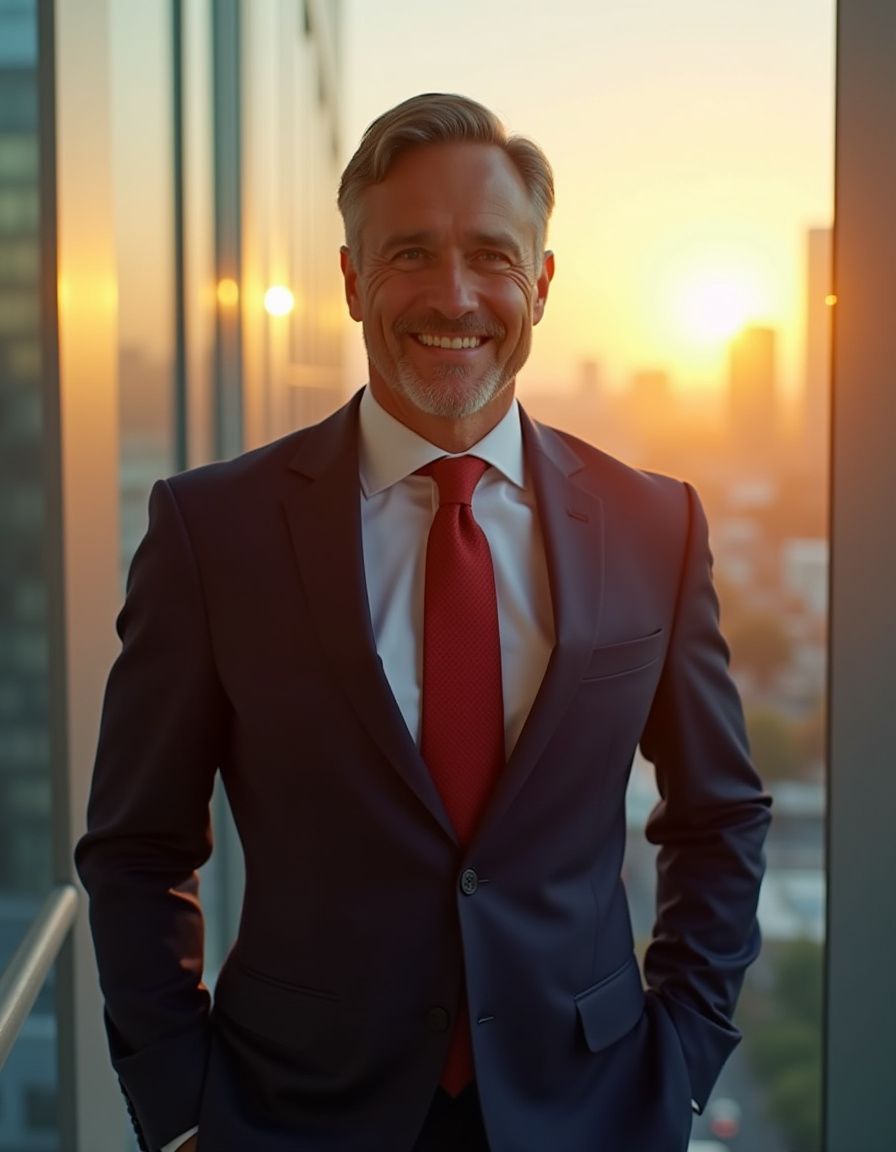How top leaders can rise above burnout and lead with renewed energy.
The relentless demands of leadership can push even the most experienced CEOs to the edge. The weight of a company’s success—and the livelihoods of its employees—often rests heavily on their shoulders. This burden, coupled with the constant need for vigilant decision-making and the isolation that often accompanies leadership roles, can lead to mental exhaustion and burnout.
Balancing personal and professional life becomes increasingly difficult, straining relationships and personal well-being. External pressures, such as economic instability, geopolitical tensions, shifting workplace dynamics, and the rapid pace of technological change, further deplete a leader’s energy and focus.
When burnout takes hold, it manifests in predictable ways: reacting instead of thinking, losing sight of strategy, and struggling to delegate tasks. Leaders may become unpredictable, overly cautious, unclear in their communication, or even disengaged. While stress can be managed, burnout is more insidious, leading to unfocused, undisciplined work and a loss of joy in leadership.
To overcome burnout, exceptional leaders adopt these six essential strategies:
1. Cultivate Healthy Habits
Successful leaders know the importance of not overloading their schedules. They avoid back-to-back meetings and carve out time for thoughtful decision-making. Regular exercise and sufficient sleep are non-negotiable for maintaining their well-being. By setting boundaries and prioritizing healthy habits, CEOs can sustain peak performance for both themselves and their organizations.
2. Build a Support Network
Engaging with peer advisory groups or mentors offers CEOs a confidential space to share challenges and receive support from those who understand the unique pressures of leadership. These groups provide objective insights from leaders who aren’t directly involved in the business, offering accountability and fresh perspectives. Connecting with others who have faced similar challenges helps CEOs gain valuable insights and stay grounded. Additionally, participating in these groups allows leaders to contribute their wisdom and experience, creating a sense of shared purpose.
3. Dedicate Time for Strategic Reflection
Top leaders prioritize time to work on their business, not just in it. By scheduling regular, uninterrupted time for strategic thinking and reflection, CEOs can step back from daily operations, reassess priorities, and set clear, actionable goals. Focusing on long-term planning and strategic initiatives ensures that leaders guide their organizations toward sustainable growth rather than just reacting to immediate demands.
4. Embrace Direct Communication
When burnout looms, it’s crucial for CEOs to involve their team in confronting challenges head-on. Delegating major issues to the executive team not only alleviates the burden on the CEO but also elevates the team’s strategic thinking. Leaders who feel overwhelmed by the need to have all the answers can benefit from asking more questions, engaging the team in uncovering solutions together.
Clear, face-to-face communication—whether in person or virtual—should replace excessive email exchanges. This approach reduces ambiguity, fosters collaboration, and strengthens relationships. The most effective CEOs prioritize open dialogue, building trust and alignment across teams, which boosts productivity and morale.
5. Address Critical Decisions Without Delay
Burnout often stems from unresolved issues that have been left to fester. Procrastinating on important decisions, especially those involving personnel, can amplify stress and hinder progress. Tackling these decisions promptly brings clarity, improves efficiency, and creates a healthier work environment.
6. Shift Focus to Others
In times of intense stress, CEOs may fall into a victim mindset, feeling overwhelmed by their circumstances. The antidote to this is shifting focus outward—embracing gratitude and helping others. Supporting those in need, whether through volunteering, engaging in community activities, or simply spending time with loved ones, can transform a leader’s perspective and rejuvenate their spirit.
Maintaining meaningful connections with peers, family, and the community allows CEOs to stay grounded and nurture a balanced outlook.
In Conclusion
By consistently integrating these strategies into their routines, CEOs can manage the stresses of leadership with resilience and avoid burnout. Prioritizing healthy habits, fostering meaningful relationships, and staying focused on the mission and strategy not only protect against burnout but also contribute to a thriving company culture. When leaders make grounded decisions and lead with clarity, they set the stage for a flourishing workplace and inspire others to follow suit.
About the Author : Harry (Hemant Kaushik), Elite Global Advisor & Business Consultant
Harry (Hemant Kaushik) is an American global advisor and business consultant, renowned for his strategic insights and high-impact consultancy. He specializes in advising and coaching elite individuals, including business tycoons, world leaders, and top corporate leaders. His expertise has been sought by Presidents, Prime Ministers, influential politicians, CEOs, and industry leaders worldwide.
Recognized as one of the Top 10 Global Advisors and Business Consultants by PWC International, Harry has transformed the lives of thousands across more than 100 countries with his unparalleled guidance. He has also been honored as one of the Top 10 Life and Business Strategists, shaping the success of global business leaders and visionaries.
Harry’s influence has earned him prestigious accolades, including recognition by the CEO Times Magazine as one of the 10 Most Powerful People in Global Business Consulting, Business Times News as a Top 10 Business Consultant, and Business Weekly Times as one of the Top 10 Business Advisors in the World, offering consulting services to billionaires, celebrities, and high-net-worth individuals.
A Wall Street Times cover story famously dubbed him the “Elite Global Advisor & Business Consultant” for his deep understanding of business dynamics and leadership strategies. Based in San Francisco, United States, Harry is widely respected for his international economic expertise, market analysis, and strategic business acumen. His collaborations with global brands and corporations have positioned him as a thought leader, contributing to the business world through insightful articles on global economic trends.
Learn more: https://ceosadvisory.com









